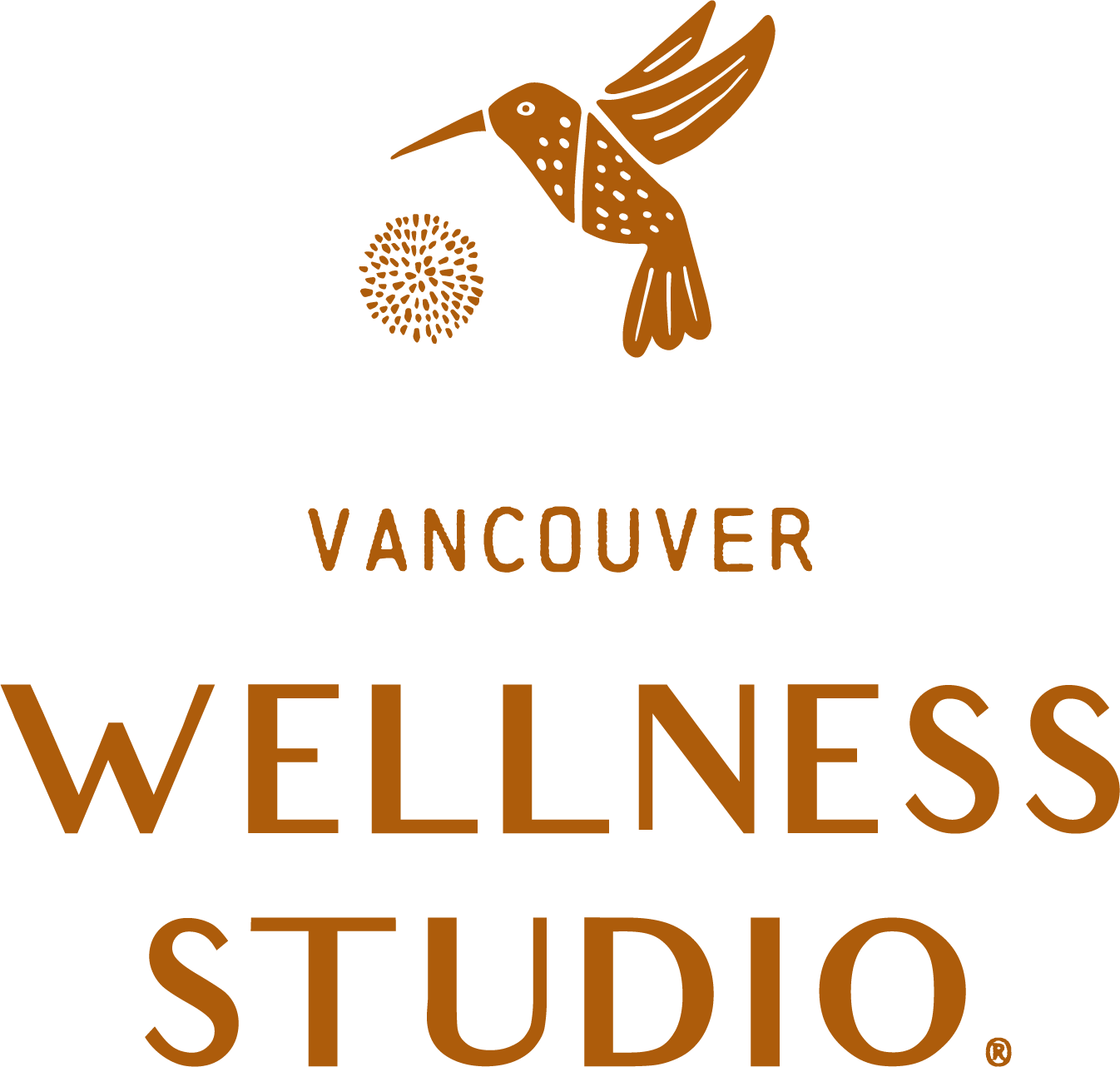East Asian Medicine & Acupuncture Treatments for seasonal Rhinitis
It’s mid-April in the Pacific Northwest, Easter weekend has come and gone, and it’s wet, rainy, and still cold enough to warrant that beanie. However, that familiar feeling is starting to emerge, a little increase in pressure in the face, a slight tickle in the throat, and the eyes feel a little bit sensitive. Seasonal Rhinitis or ‘Hayfever’ affects roughly 26% of adults nationwide and 19% of kids, with varying degrees of severity from mild to miserable. If you are one of these unfortunate folks who must reach for that bottle of antihistamine, Neti Pot, dig out the humidifier, and stock up on Costco-size Kleenex, did you know that there are some amazing alternatives to help you get through another allergy season?
The presence of allergies can negatively affect one's quality of life. Mild allergies can just be annoying but don’t affect someone's ability to function on a daily basis. Severe allergies however can turn your whole world upside down by causing swelling in the eyes, lips, mouth, and throat accompanied by distracting itching or breathing difficulties, sneezing, coughing, constant runny nose, or watery eyes. This can affect sleep, mood, body pain, decision-making, and ability to participate in activities, and even have negative impacts on personality.
Why does this happen!?? Most of us have a basic understanding of what allergies are, an immune system's defensive response to an environmental trigger that our immune system deems a “threat”. Allergic rhinitis develops as a result of the interaction between the inhaled allergen and the adjacent molecules of immunoglobulin (Ig) E antibodies. These adhere to the surface of the mast cells that line our nasal passages. After that first exposure, the mast cells become ‘primed’ which means IgE antibodies congregate on their surface. With subsequent exposure to allergens, the IgE antibodies provoke an explosion in the mast cells to release histamine, a chemical that activates nerve endings triggering an inflammatory response.
Western medicine treatment of allergic rhinitis relies on the use of antihistamine agents. These work by preventing histamine from reaching its site of action, i.e. histamine receptors on cell surfaces. Side effects of taking antihistamines can include sedation, dizziness, fatigue, insomnia, nervousness, and gastrointestinal disturbances. Steroids by nasal inhalation are also used to mitigate symptoms but must constantly be applied to be effective.
Modern East Asian Medicine understands the mechanism of action of allergic rhinitis but can offer a more nuanced understanding of how that may affect and manifest in an individual. No two patients present with the same set of symptoms. Some folks have a lot more ‘heat’ which looks like red itchy eyes, inflamed or sore throat, skin rashes, nasal sores, subjective feeling of being too warm, an increase in thirst, and an increase in irritability. Some people have more ‘cold’ patterns, such as constant runny post-nasal drip, heavy feelings of fatigue physically or mentally, watery-discharge, stuffed nose you can’t clear, slight headaches, and no thirst. The ideas of Heat and Cold are coupled with the etiology of ‘Wind’, or ailments that come and go.
In treating seasonal allergies, we start by identifying whether a patient has a Wind-Heat presentation or a Wind-Cold presentation and build a treatment protocol to address those unique clusters of symptoms. Treatment should always include acupuncture as well as Chinese Herbal medicine. Acupuncture works by regulating the autonomic nervous system, of which, our immune system is a part. Chinese herbal medicine helps regulate our body chemistry, similarly to any other drug, but naturally and without the long list of side effects.
Most Chinese herbal formulas can be taken in pill form, or as tea. For you more adventurous folks, herbs can even be issued in their raw form to be cooked and decocted. The most effective medicine will always be the one you are able to take on a consistent basis. Quality and potency are important and should be prescribed by a licensed practitioner and not purchased on the internet.
Countless randomized controlled clinical studies have shown that acupuncture and Chinese herbal medicine are safe and effective treatments and can significantly lower daily rhinitis scores and increase symptom-free days during both active treatment and follow-up periods1-4.
Are you ready to try a different approach to your seasonal rhinitis? Well, the time to start is NOW! Prevention is the backbone of all holistic medical approaches, so don’t wait until you’ve transformed into a sneezing, sniveling Snuffleupagus! Vancouver Wellness Studio offers free consultations with any of our East Asian Medicine practitioners.
Study on Cytokines IL-2, IL-6, IL-10 in patients of chronic allergic rhinitis treated with acupuncture. Journal of Traditional Chinese Medicine 2002 June, Vol. 22, Issue 2, pp. 104-111. Paracelso Institute, Body Corporate of Italian Ministry of Health, Chair of Social Medicine, School of Medicine La Sapienza University, Rome, Italy
The effect of acupuncture on allergic rhinitis: a randomized controlled clinical trial. American Journal of Chinese Medicine 2004, Vol. 32, Issue 1, pp. 105-115. Magnusson Al, Svensson RE, Leirvik C, Gunnarsson RK. Bollebygd’s Primary Health care Centre, Bollygygd, Sweden
Treatment for seasonal allergic rhinitis by Chinese herbal medicine: a randomized placebo controlled trial. Alternative Therapies Health Medicine 2003 Sept-Oct, Vol 9, Issue 5, pp. 80-87. RMIT Chinese Medicine Research Group, RMIT University, Bundoora, Australia.
Decreased serum IgE level, IFN-gamma, and IL-5 but increased IL-10 production, and suppressed cyclooxygenase 2 mRNA expression in patients with perennial allergic rhinitis after treatment with a new mixed formula of Chinese herbs. International Immunopharmacology 2001 June, Vol. 1 Issue 6, pp. 1173 -1182. Institute of Clinical Medicine, National Yang-Ming University School of Medicine, Taipei, Taiwan

